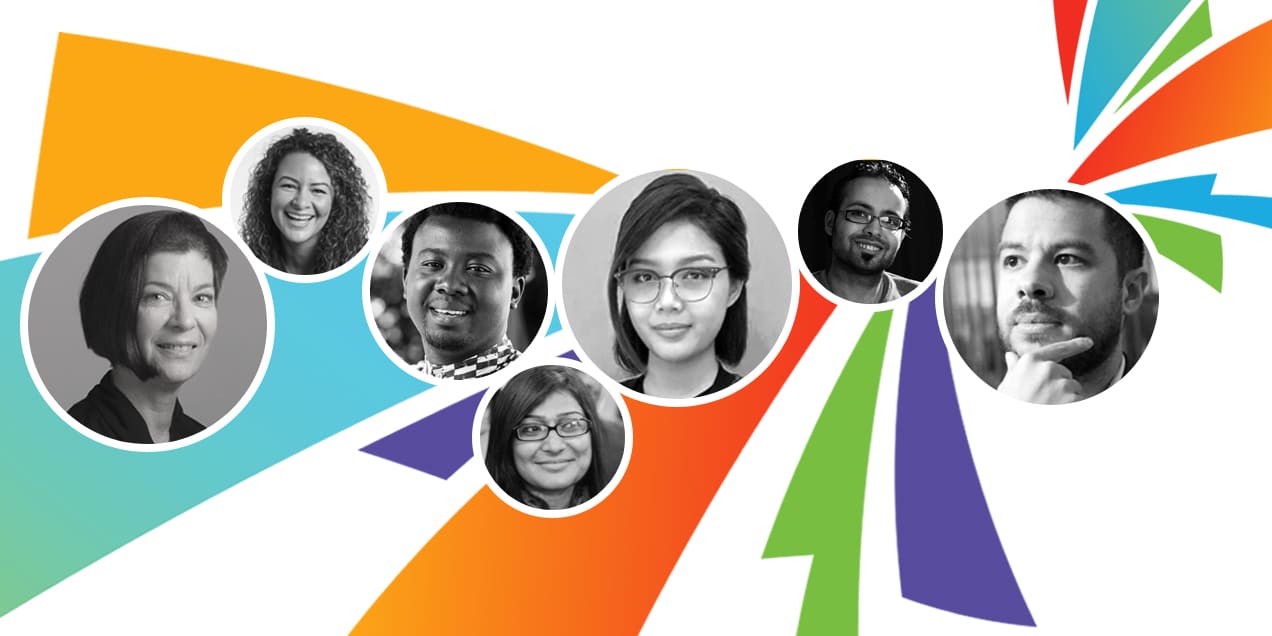
If you are joining us at RightsCon in Toronto, hopefully you have already started exploring the program and curating your personal schedule. This is quite a challenging task this year with nearly 20 sessions happening simultaneously, every one of which will tackle a critical aspect of human rights in the digital age.
With so many amazing sessions to choose from, we wanted to take a moment to recognize the contribution that Access Now grantees are making to the program and to the RightsCon community, and encourage you to check out some of the sessions they are speaking on and organizing. Please note that, due to concerns for their security, we can’t publicly disclose all Access Now grantees.
Access Now Grants’ mission is to defend and extend the digital rights of users, especially those most at risk. Civil society around the globe is working under increasingly difficult circumstances, against targeted censorship, restrictions on operations, and threats to their physical safety. And for human rights defenders, women, LGBTQI people, journalists, and others, the very act of posting something on social media is often an act of defiance and extraordinary courage. As the digital space becomes central to human rights battles, it is also a space where marginalization, societal discrimination, and violence can be reproduced and even amplified. Access Now recognizes that we need more activists around the world, better resourced to fight alongside us for human rights in the digital age. We are proud to support the critical work of the following organizations and groups, and many others that we cannot list here:
Wednesday May 16th
Falta una semana para uno de los eventos más importantes sobre derechos digitales, que Access Now tiene el orgullo de organizar: RightsCon. Allí se reunirán empresas, especialistas en derecho, representantes gubernamentales, periodistas, expertos en tecnología y activistas de todo el mundo para discutir los desafíos del presente y del futuro en la búsqueda de un mundo más libre, abierto y conectado. Entre las numerosas presentaciones de este evento, se incluirá una variedad de paneles que tendrán como eje a América Latina y las distintas problemáticas que afectan a la región en este gran desafío. A continuación, exploraremos algunas de ellas, organizadas por ejes temáticos.
Los medios de comunicación y la (des)información
Muchos países latinoamericanos se encuentran próximos a procesos electorales y, en este aspecto, el problema de la desinformación política es una cuestión que afecta en gran medida a la región desde hace tiempo. La presentación de la organización Derechos Digitales “Elections and Information Disorders in Latin America” (Elecciones y desórdenes de información en América Latina) propondrá un debate sustancial acerca de esta problemática. Estará a cargo de la moderadora María Paz Canales, y contará con como oradores a Gisela Pérez de Acha, Renata Avila, Iria Puyosa y Taisa Sganzerla. Se compartirán evidencias y datos recolectados en la región acerca del uso de diferentes tecnologías y campañas organizadas, el empleo de bots, centros de ejércitos de trolls y herramientas de mercadotecnia orientada para promover ideas a favor o en contra de medidas o candidatos políticos. Las organizaciones de la sociedad civil podrán participar e
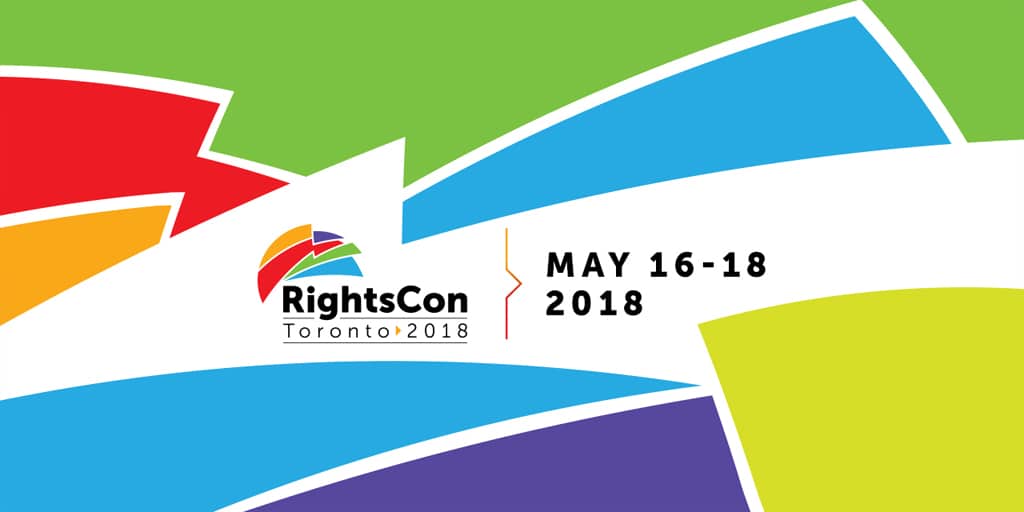
On May 16-18th, 2018, our community of business leaders, policy makers, general counsels, government representatives, technologists and human rights defenders from around the world will come together to shape the future of human rights in the digital age.
RightsCon Toronto features our community’s most ambitious program yet with 18 thematic program tracks and 450+ unique sessions. At any given time, there will be nearly 20 sessions happening simultaneously. On top of that, there will be a number of ways to engage outside of scheduled sessions: visiting the Community Village, hanging out in various lounges, or through bilateral meetings with trusted and perspective partners.
While the scope of this program signifies the growing significance of our collective work, we also know it might feel overwhelming to navigate. Think of this post as your RightsCon Toronto cheat sheet. Everyone’s RightsCon experience will be different — tailored to their work and interests — and here’s how we suggest making RightsCon work for you:
1. First things first, sign up for Sched
This year, our program is going digital, meaning we’ll be hosting our expansive program on Sched, rather than a formal printed version. By creating a profile on Sched, you will be able to easily explore issues areas, learn more about speakers, and even build your own personal schedule. Find exactly what you’re looking for by using the search tool and a session’s title or ID number.
Want access to your RightsCon schedule directly on your phone? The best way is to download the RightsCon app for your mobile device on the App Store or
readmore




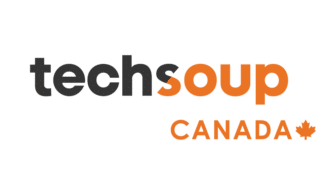 This post is the second in a series being
This post is the second in a series being 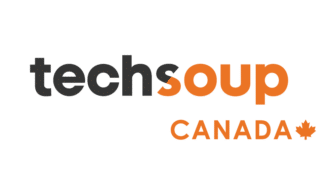 This post is the first in a series being
This post is the first in a series being 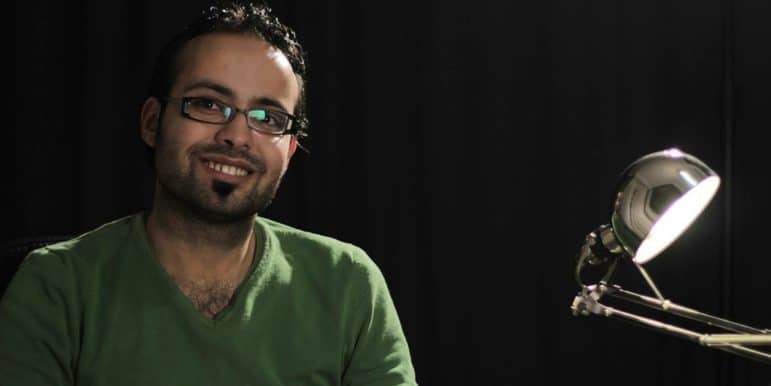 Shortly after the 2011 uprising began, Ahmad began working with a website to report on human rights violations against protesters by the Assad regime. It didn’t take long for the government to arrest Ahmad and his colleagues, shut down the website, and delete the archives. In the years following, Ahmad worked under a pseudonym to provide accurate and reliable coverage of the political turmoil within his country. Despite his efforts to operate anonymously while both reporting and combating disinformation campaigns, he was targeted and arrested two more times.
Through this courageous work — while witnessing the emergence of numerous non-official Syrian media institutions, many of which were sharing large amounts of news on a daily basis — Ahmad founded Verify-Sy. According to Ahmad, “In the absence of censorship, there has been an unintended or deliberate confusion on public opinion regarding what is happening in Syria, sometimes through the dissemination of false news.” A very real consequence of this false news movement has be
Shortly after the 2011 uprising began, Ahmad began working with a website to report on human rights violations against protesters by the Assad regime. It didn’t take long for the government to arrest Ahmad and his colleagues, shut down the website, and delete the archives. In the years following, Ahmad worked under a pseudonym to provide accurate and reliable coverage of the political turmoil within his country. Despite his efforts to operate anonymously while both reporting and combating disinformation campaigns, he was targeted and arrested two more times.
Through this courageous work — while witnessing the emergence of numerous non-official Syrian media institutions, many of which were sharing large amounts of news on a daily basis — Ahmad founded Verify-Sy. According to Ahmad, “In the absence of censorship, there has been an unintended or deliberate confusion on public opinion regarding what is happening in Syria, sometimes through the dissemination of false news.” A very real consequence of this false news movement has be 